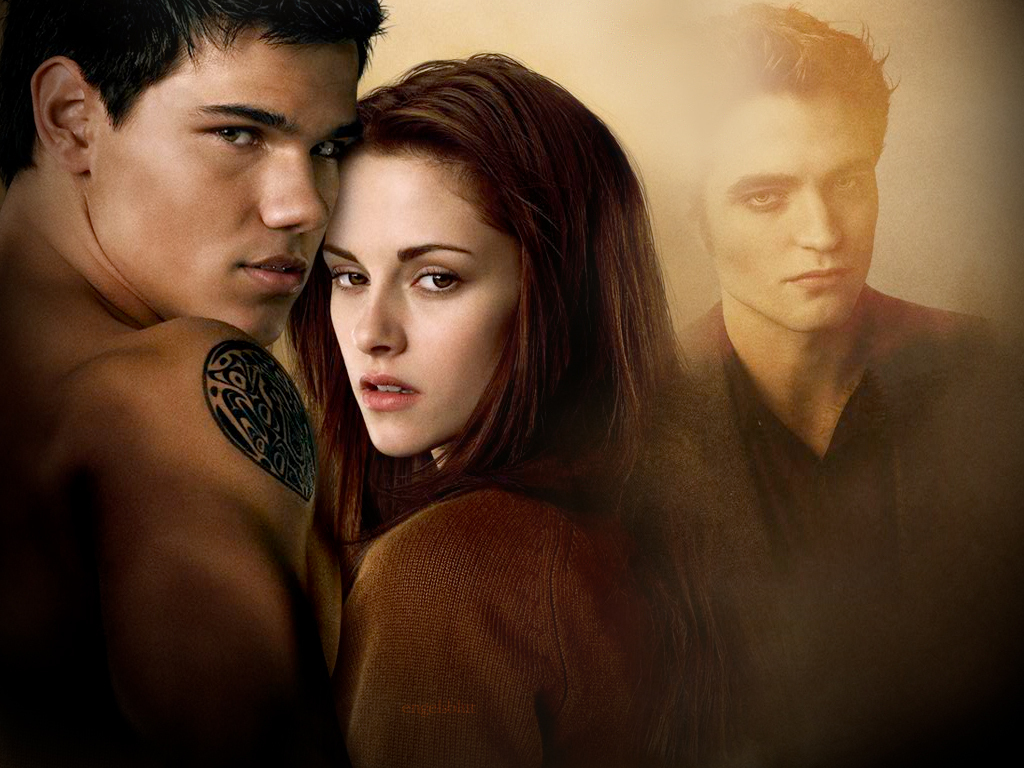She wrote, "I've heard that teen boys want stories that don't go deep into characterization or added details that slow the story (romance, too many characters, etc), but I didn't pay a lot of attention because I didn't intend to write YA. But here I am, writing YA! Any comments/instruction?"

So while I might not be able to write about whats selling or what editors/agents want, I can shed some light on a person's development during this time period.
According to Erik Erickson, the Adolescent stage of development (ages 12-19, depending on who you quote) marks the beginning of when what we do makes more of a difference than what is done to us. The YA reader is neither child nor adult, so they are grappling with who or what, exactly, they are.
They are trying to define themselves with their actions, which can be translated into behaviors that alter their appearance, such as tattoos, piercings, and dying their hair, or where they choose to spend their time (church v. mall v. the downtown "strip" where they ride in each others' cars---you know you did this). All of it is an attempt to figure out the main question children this age want answered: "Who am I and where am I going?"
This can be summed up by saying a YA will have an identity crisis (indeed, Erickson was the one who is credited with coining this term). Life gets bigger and bigger the longer they are in it, and they realize they no longer are the center of the universe eventually. They grapple with social and moral issues. Teens are building up their ideals, because at this time, it's easier to think in terms of ideals than reality, because a teenager has little experience. So give them something to idealize, care about, ponder.
The most significant relationships teens have are with their peers. They most likely aren't going to want to read about a teen hero's problems with his parents. Romance is burgeoning during this stage, so not including a romantic theme would be a mistake (according to developmental theories, anyway).
The main thing is for the reader to identify with the character, so your YA character should be struggling to find their place in the world, what they want to do with their life, who they want to be. It's cliche, but coming of age stories work for this age group.
So I guess I'd have to respectfully disagree with whoever told y
 ou deeper characterization wasn't for this age group, as characterization is all of what I wrote about above and more. Don't sell teens short and just give them fluff. This is the time where they are experimenting and need to be reminded of what all is out there, both good and bad.
ou deeper characterization wasn't for this age group, as characterization is all of what I wrote about above and more. Don't sell teens short and just give them fluff. This is the time where they are experimenting and need to be reminded of what all is out there, both good and bad.Whatever else you might want to say about Twilight, it had great development of the characters of Bella, Edward, and Jacob. They had their own limitations, motivations, and goals. They had their own quirks (Edward's insistence of no sex before marriage, Bella's clumsiness, Jacob's intensity) and flaws (Edward's, um, desire for blood, Bella's dragging along both boys, Jacob's temper and obsession). Even if it hadn't been a world-wide phenomenon, these are the kind of characters YAs want to read about.
For a little advice on where you can go to read about adolescent boy development in particular, I have to direct you to one of my favorite cartoons, Zits. It's about Jeremy Duncan, a teenage boy plagued with parents who know nothing, boredom and angst. Hilarious, and SO TRUE. Google it to find out more.









4 comments:
Let me just chime in and say--I AGREE! I don't read a lot of YA, really, but when I do, I go for the books with the deep characterization and the people who are going through a rough time or identity crisis. I can only speak for myself, of course, but I think a lot of us teen-type-people want a story that we can look at and say, "Oh, thank God, I'm not the only one!"
Great post. :)
Great ideas for all writers, not just YA.
Thank you for the wonderful discussion in reply to my question. I'm learning a lot from your posts. You are appreciated!!!!
Audrey4j
I like the statement: "...marks the beginning of when what we do makes more of a difference than what is done to us."
I think that's huge and that's what MY issue was with my YA series. I wrote it more like an adult book and it fell flat. Do my adult heros ACT? Yes, but the attention isn't the same on how on their actions, compared to those in the YA book.
And now that it's in words...now I have a better plan of attack!
Thanks, Jeannie!
Frankie
Post a Comment
Both comments and questions are welcome. I hope you enjoyed your time on the couch today.